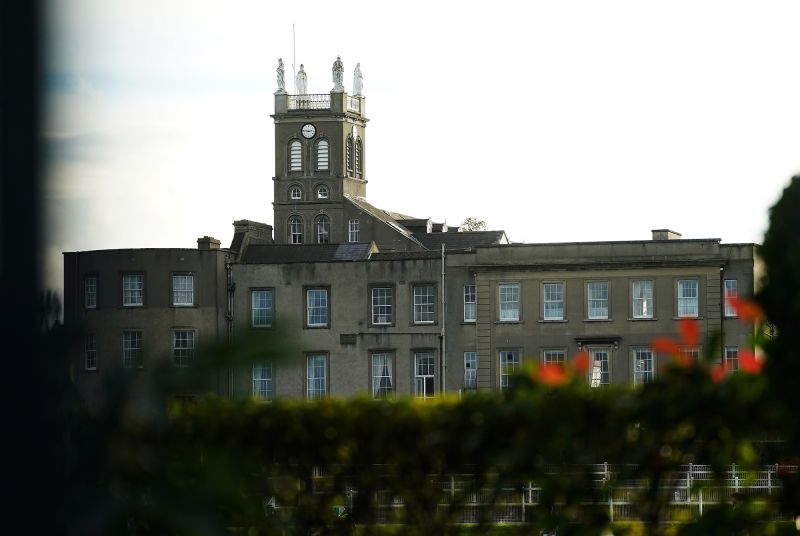Nearly 2,400 allegations of sexual abuse across hundreds of Ireland’s religious-run schools have been documented in a new report, marking the latest grim revelations to emerge from the country’s historic Church-State entanglement.
The report, released Tuesday, documented 2,395 allegations of historical child sexual abuse, involving 884 alleged abusers in 308 schools across the country.
Most of the allegations were reported from the records of 42 religious orders that currently run or previously ran schools in Ireland. The scope of the allegations ranges from 1927-2013. More than half the men accused – which include teachers and priests – have died, it said.
Ireland’s Minister for Education Norma Foley said Tuesday that the level of abuse detailed in the report was “truly shocking – and so is the number of alleged abusers.”
She called the report a “harrowing document, containing some of the most appalling accounts of sexual abuse.”
More than 140 survivors provided harrowing testimony for the report, describing being molested, stripped naked, raped and drugged in “an atmosphere of terror and silence.”
Their abuse was often “accompanied by ferocious violence,” the 700-page report said.
Most of the survivors interviewed for the report are men now in their 50s, 60s and 70s. Some said it was the first time they‘d spoken about the abuse and its impact on them, with many saying that their childhood “stopped the day the abuse started.”
Some survivors said the abuse was “so pervasive” that it could not have gone unnoticed by senior leadership within the religious orders that were running the schools. They added that they believed some of those leaders not only ignored the abuse but facilitated and participated in it.
Others said that they believed there had been a “cover-up” in the schools or by the religious order, and “collusion” between the State and Church.
“Many participants said that they felt that the power of the Catholic Church permeated their lives in every way and, for the majority, they felt there was no one they could tell, including their parents,” the report said.
The Catholic Church has been deeply entwined with the Irish state for much of its history. Although a referendum in the 1970s drastically reduced the Church’s political sway, it remained pervasive in many aspects of civil society. Today, nearly 90% of schools in Ireland remain Catholic, even though the percentage of the population that identifies as such is much lower.
Lifelong impact
As adults, survivors detailed a litany of difficulties stemming from the abuse, including failed relationships, mental and physical health problems and addiction issues. Some said that the abuse made them decide not to have children. Others who did said it impacted their parenting.
Many survivors said that they had moved away from family and friends to avoid memories of childhood trauma and described feeling alienated from religious services. Some avoided attending a parent’s funeral or other family event because they said they could not enter a church as a result of the abuse.
A government-mandated investigation into sexual abuse at religious-run boarding and day-schools was first launched after Ireland’s national broadcaster RTÉ aired a documentary in 2022 that highlighted systemic sexual abuse at Blackrock College, a prestigious private school in Dublin.
The report found that the abuse was spread across public and private schools, including 17 special education schools – which recorded 590 allegations involving 190 alleged abusers.
Foley said on Tuesday that the Irish government would begin a process of establishing a commission to further investigate the abuse and that a redress scheme would be established.
She said that religious orders have a “moral obligation” to contribute to any future redress scheme.
Meanwhile, those religious orders have not committed to contribute to the Mother and Baby Homes redress scheme, which opened for applications earlier this year.
The 2021 Mother and Baby Homes report found that 9,000 babies and children died in 18 of Ireland’s mother and baby homes – church-run institutions where unmarried women were sent to deliver their babies in secret, often against their will – over eight decades.
The religious congregations who ran Ireland’s Magdalene Laundries – workhouses where thousands of women and girls lived and worked without pay for years in “harsh and physically demanding” situations – have also declined to contribute to a State redress scheme set up in 2013 to compensate the survivors of those institutions.

